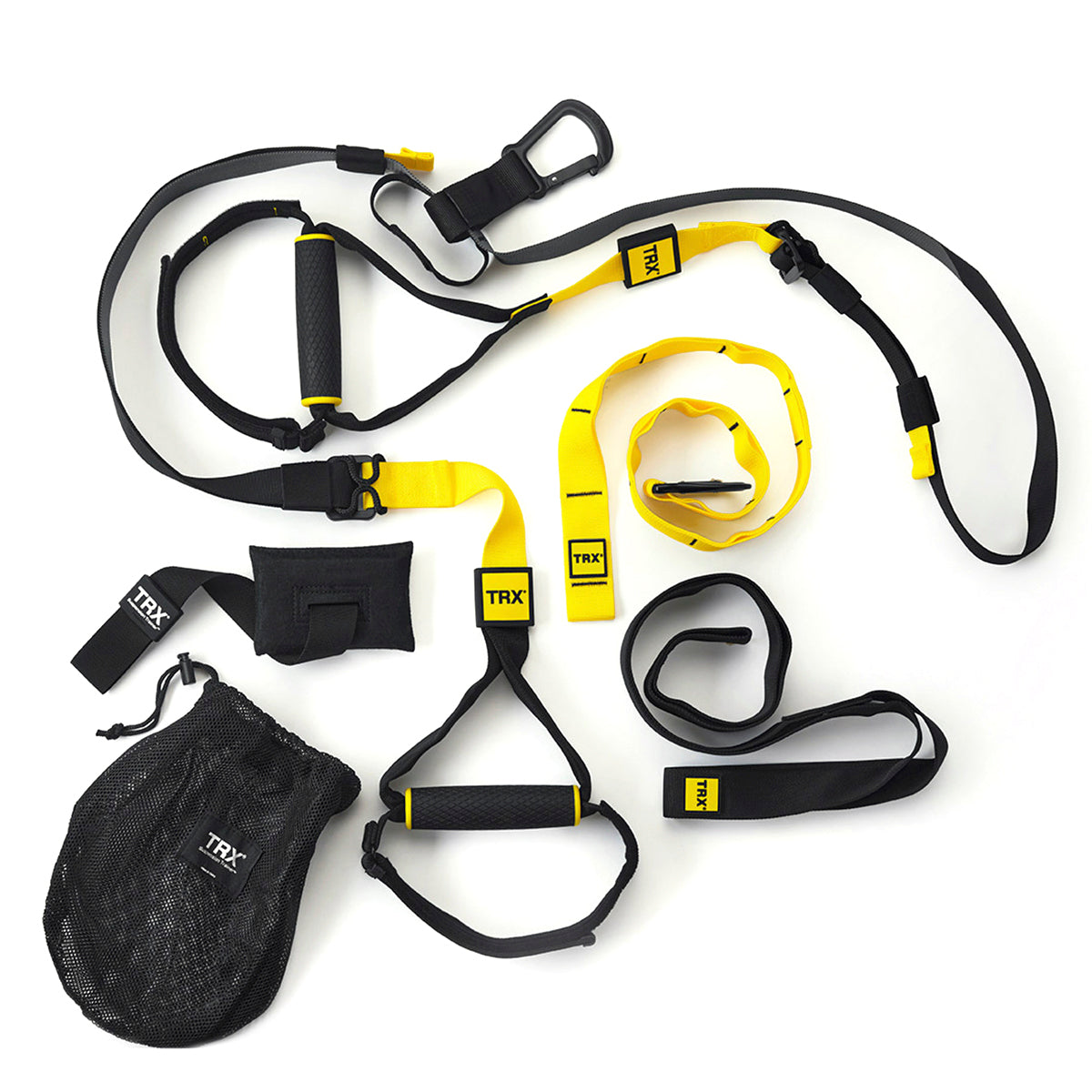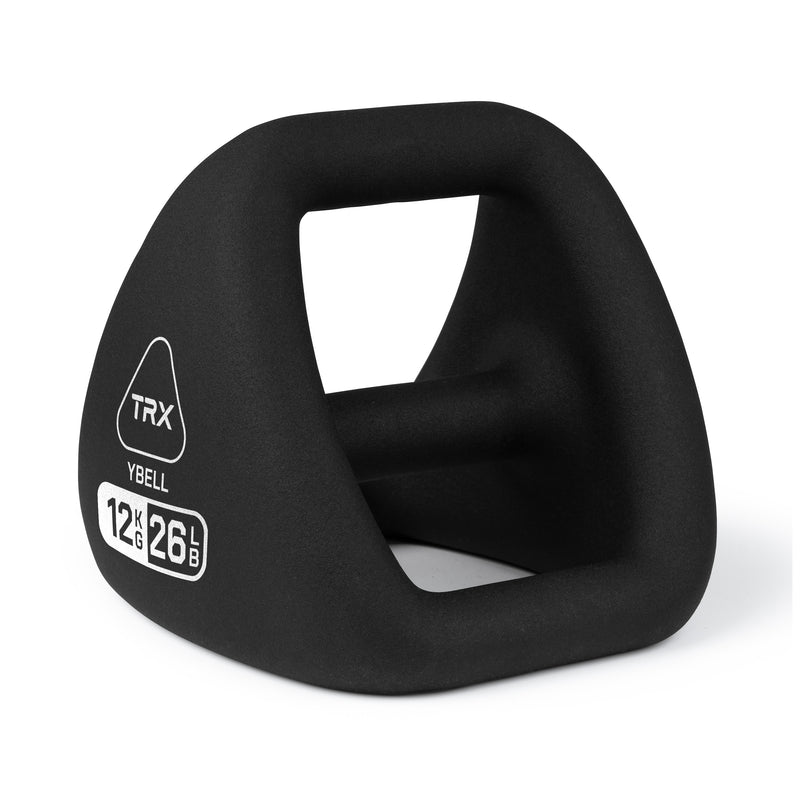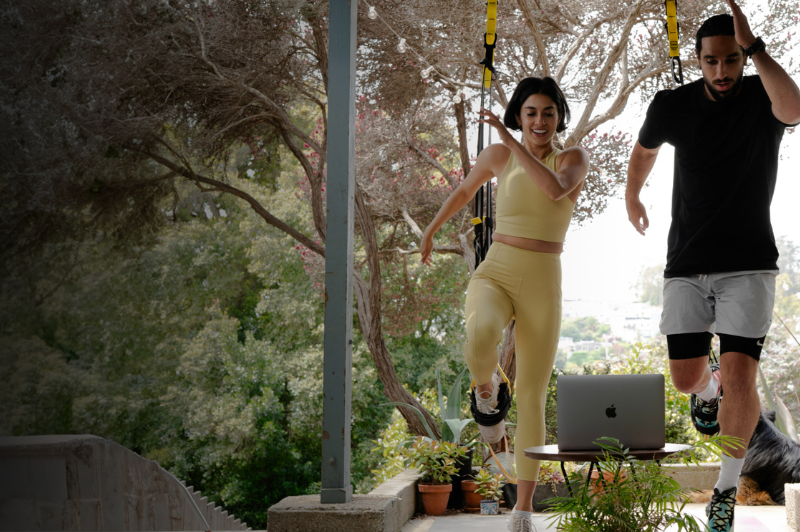In the hustle and bustle of our everyday lives, anxiety can often be an unwelcome companion that hijacks our peace of mind. But what if there's a superhero in the battle against anxiety, and it swapped out its cape for sneakers? Exercise, the unsung supporter of mental well-being, emerges as an ally in our quest to reclaim harmony. Discover how breaking a sweat can be the ultimate antidote to helping the uninvited guest (anxiety) find the exit door. It's time to redefine movement as a pathway to serenity and make the gym a sanctuary for not just our bodies but our minds as well.
Whether you're a novice or a seasoned exercise enthusiast, incorporating a fitness routine can significantly alleviate anxiety.
1. EXERCISE ALTERS BRAIN CHEMISTRY
Research shows that exercise stimulates the release of hormones that make you feel better, such as serotonin, dopamine, norepinephrine, and gamma-aminobutyric acid (GABA). By helping to balance or increase these neurotransmitters, workouts can improve your mood over time.
2. PHYSICAL ACTIVITY ENHANCES EXECUTIVE FUNCTION
Exercise stimulates the frontal regions of the brain and thereby helps control the amygdala, which activates the “fight or flight” response when triggered by anxiety, fear, aggression, or anger. It also helps you concentrate better, organize and interpret information, and make decisions faster.
3. TRAINING RELIEVES STRESS
A constant state of anxiety negatively affects both the body and the mind. A fitness routine serves as an outlet for physical tension by lowering cortisol levels, as well as a beneficial mental diversion or escape.
4. PHYSICAL TRAINING BOOSTS SELF-EFFICACY
Exercise improves self-confidence. It confers feelings of accomplishment and progress and empowers individuals as a proactive way to take control of their health.
5. WORKING OUT OFFERS SOCIALIZATION AND COMMUNITY
Working out at a gym or taking exercise classes provides social opportunities to offset the isolation and loneliness that can accompany anxiety.
If you’re not ready to go back to a gym but want to be physically active, consider working with a personal trainer or using the TRX Training Club App to train with a friend.
6. FITNESS ROUTINES PROVIDE STRUCTURE
Scheduling and performing regular exercise sessions creates a routine that delivers a welcome structure and a sense of control that can help manage stress and anxiety.
7. MOVEMENT INCREASES ENERGY
For those whose anxiety can result in the inability to focus, lowered productivity, or mental paralysis, exercise stimulates blood and oxygen flow to the muscles and the brain, thereby rousing both the body and mind.
8. PHYSICAL EXERTION IMPROVES SLEEP
Studies show that regular exercisers enjoy better sleep and feel more rested, which enhances coping skills and physical health.
Researchers say the best results come from consistent fitness routines, recommending at least 30 minutes per day, 4 to 6 days per week. The modality is up to you — cardio, strength training, resistance training, yoga, stretching, and more have all been proven beneficial. There isn’t one way to exercise that is inherently more helpful than others.
To treat your anxiety, find activities you like and consider varying your regimen periodically to stay motivated. With this smart investment in your physical and mental health, you can persevere over time.
While everyone's needs may differ when it comes to anxiety management, the positive news is that exercise is easily accessible, and affordable. It offers a multitude of valuable physical and mental benefits.
As always, speak to your doctor if you have concerns about your anxiety or feel you need additional ways to treat it beyond exercise.






